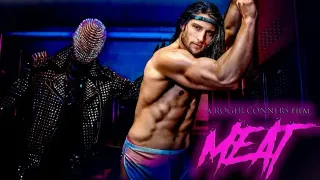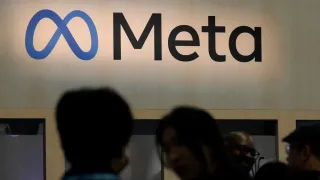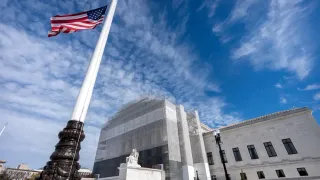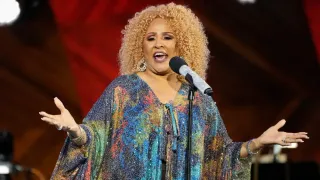March 27, 2019
Nightlife Events March 28 - April 4, 2019
READ TIME: 1 MIN.
Springing into nightlife events. Wet or warm, dry or tight, shake it up like a cocktail, or mocktail, if you prefer.
THURSDAY 28
After Dark @ Exploratorium
Enjoy cocktails and science demos at the hands-on museum; Mar. 28: Outer Space demos and talks. (Tactile dome evening hours Fri & Sat, weekly 6:15 and 7:30pm.) $15-$20. 6pm-10pm. Pier 15 (Embarcadero at Green St). www.exploratorium.edu/






